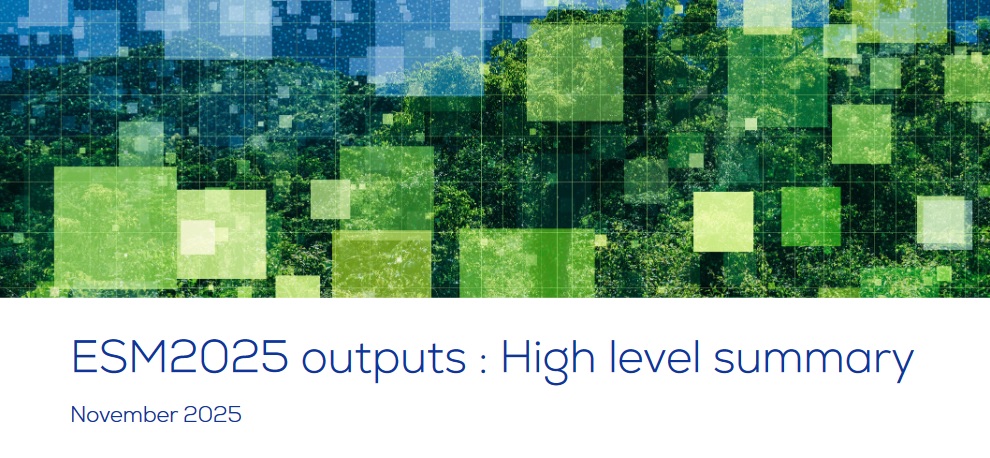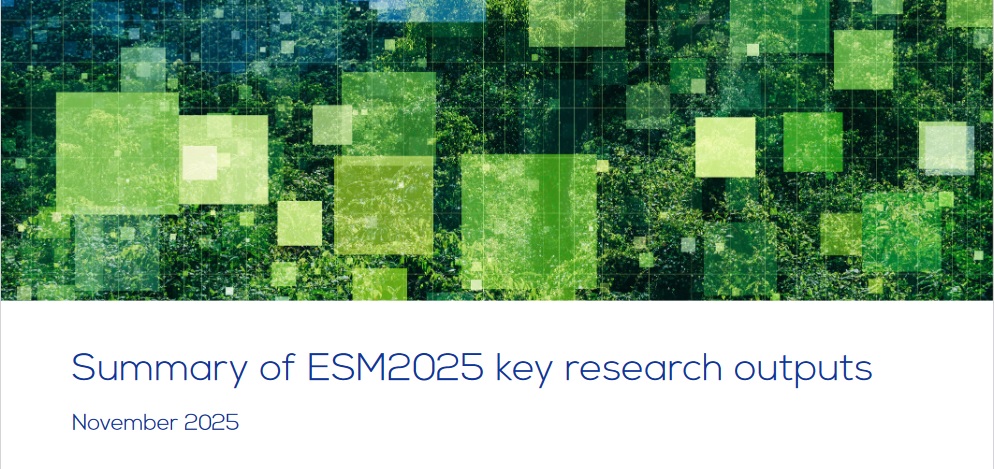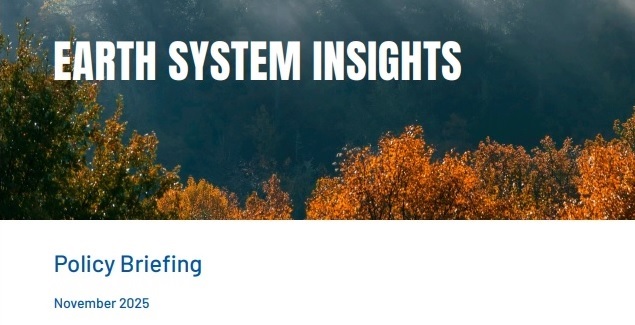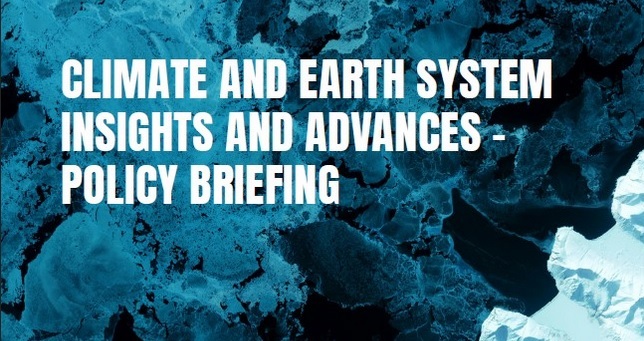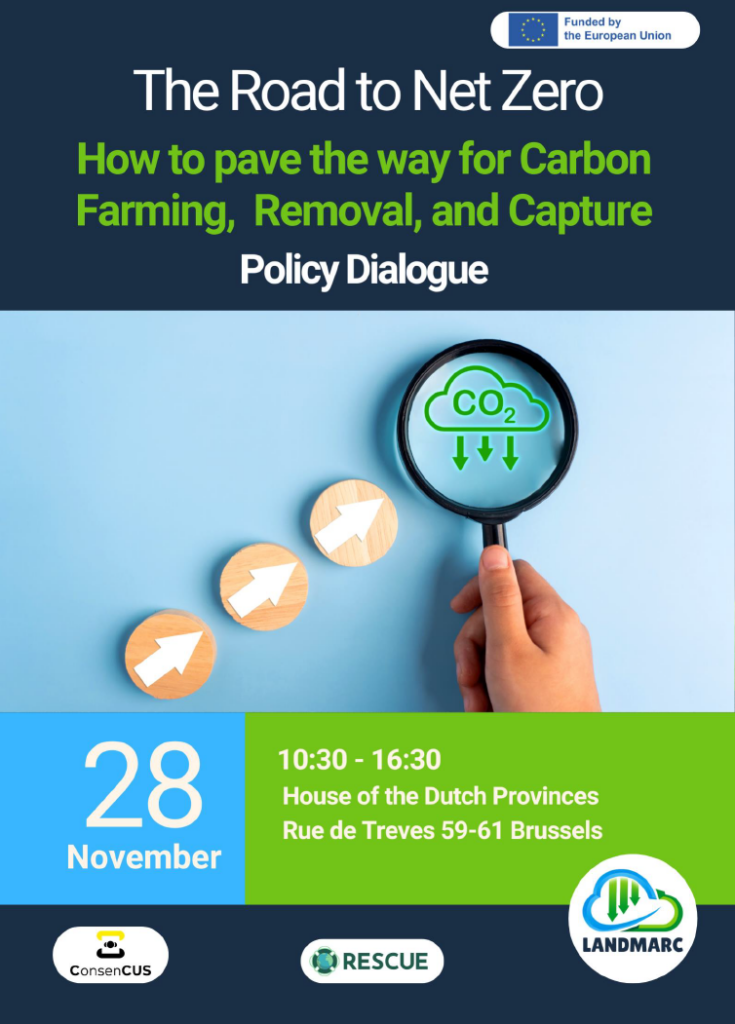A high-level summary of ESM2025 key research outputs and their policy relevance.
Policy Literacy
A detailed summary of ESM2025 key research outputs and why they matter.
Drawing on work from six Horizon Europe projects (ESM2025, ClimTip, TipESM, OptimESM, nextGEMS and RESCUE) and a third policy forum held in September 2025, this Earth System Insights briefing summarises the latest evidence on how human emissions are changing the climate and what this means for mitigation and risk management.
This briefing explores the questions raised during the second ESM2025 policy forum.
Advancing Climate Innovation with SummarAIser for Knowledge Management In the face of an accelerating climate crisis, the ability to harness and share research effectively is critical to fostering impactful solutions. […]
LANDMARC’s final policy event is taking place in Brussels on 28 November 2024. The event will focus on the policy implications of Carbon Farming (CF), Carbon Capture and Storage/Utilization (CCS/CCU) and Carbon Dioxide Removal (CDR) technologies.
Privatized fishery management schemes, alongside other cultural and social changes, have led to a high average age in some fisheries, where youth and newcomers are not meaningfully present in the industry. This research explored the current and future opportunities and constraints for youth and newcomers in Icelandic fisheries, which are managed by an Individual Transferable Quota system. Data were collected through participant observation and 25 semi-structured interviews with key individuals in fisheries.
Atlantic salmon fishing in northern Fennoscandia is part of controversial ecological, sociocultural, legal, and political questions. This paper presents a study of landscape justice as perceived by stakeholders who practice, manage, and govern traditional, household, and recreational salmon fishing on northern Finland’s border rivers, Tornio (Torne) and Teno (Tana).
This chapter addresses what theories of justice may help further our understanding of injustices in the Arctic. The purpose is to critically discuss the baseline for a Forstian transnational theory of justice and its applicability to the Arctic, primarily the Arctic Council.
The Arctic is a political landscape in development, and it is subject to multiple and often competing claims of sovereignty. Although situated at the margins of territorial governance of the Arctic states until recent decades, the region has experienced rapid transformations, not least in its governance arrangements.

